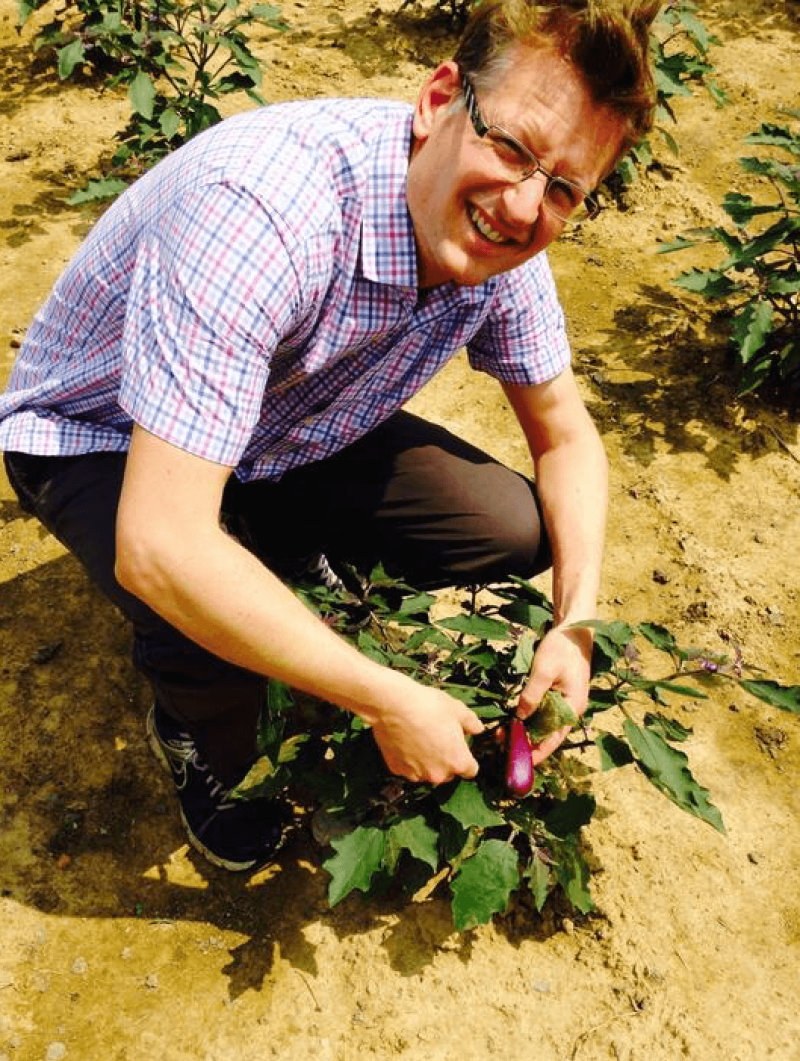Mohammed Rahman doesn’t know it yet, but his small farm in central Bangladesh is globally significant.
Mr. Rahman’s pest-resistant eggplant was produced using genetic modification. A gene transferred from a soil bacterium, Bacillus thuringiensis (more commonly known by the abbreviation “Bt”), produces a protein that kills the Fruit and Shoot Borer, a species of moth whose larvae feed on the eggplant, without the need for pesticide sprays. (The protein is entirely nontoxic to other insects and indeed humans.)
Conventional eggplant farmers in Bangladesh are forced to spray their crops as many as 140 times during the growing season, and pesticide poisoning is a chronic health problem in rural areas. But because Bt brinjal is a hated G.M.O., or genetically modified organism, it is Public Enemy No.1 to environmental groups everywhere.
I, too, was once in that activist camp. A lifelong environmentalist, I opposed genetically modified foods in the past. Fifteen years ago, I even participated in vandalizing field trials in Britain. Then I changed my mind.
As someone who participated in the early anti-G.M.O. movement, I feel I owe a debt to Mr. Rahman and other farmers in developing countries who could benefit from this technology. At Cornell, I am working to amplify the voices of farmers and scientists in a more informed conversation about what biotechnology can bring to food security and environmental protection.
The GLP aggregated and excerpted this blog/article to reflect the diversity of news, opinion and analysis. Read full, original post: How I Got Converted to G.M.O. Food































